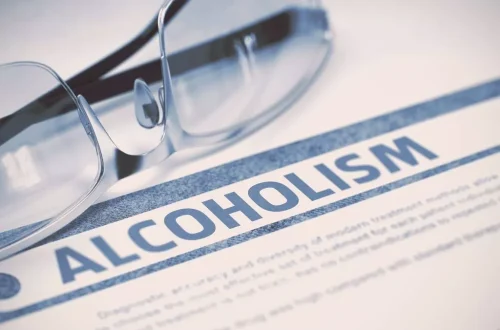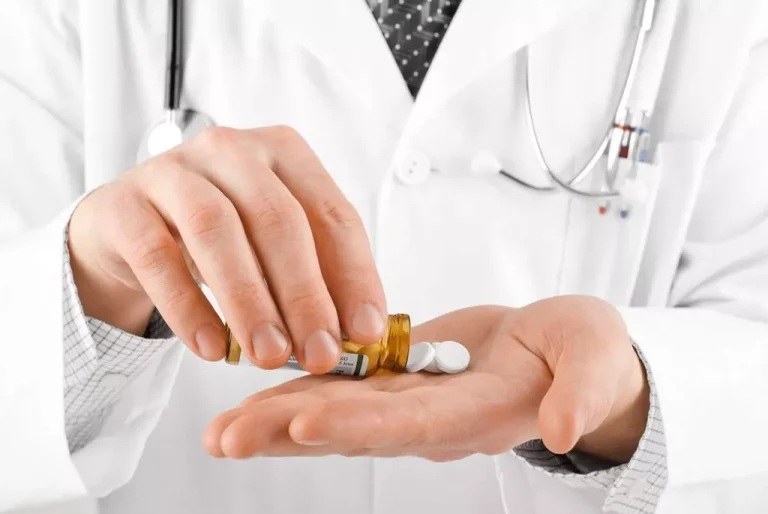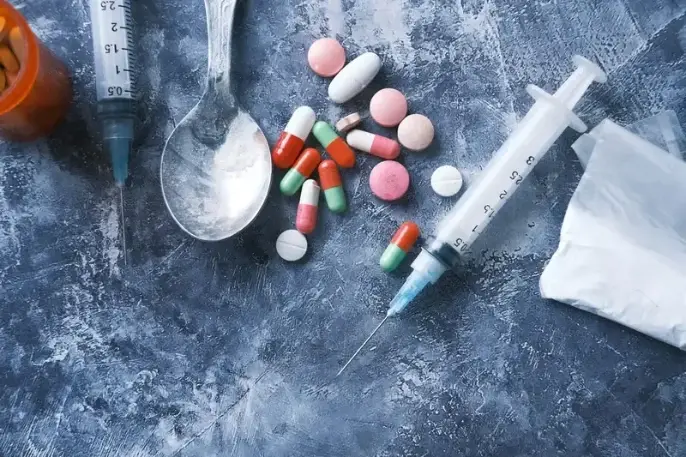Sober living
Are you allergic or intolerant to alcohol?

Some people may be unable to drink alcohol without experiencing immediate feelings of sickness, or they may develop this over time after a prolonged period of drinking. You can also get allergy testing to check whether you have a true allergy to alcohol. Allergy testing can also tell you if you have an allergy to another component of alcoholic beverages like wheat, grapes, or barley. A true allergic reaction happens when your immune system goes into overdrive to attack something it sees as a threat. Allergic reactions can cause hives, facial swelling, nausea, and vomiting. They can also lead to life-threatening reactions like anaphylaxis.
- If you have an alcohol allergy, make sure to have epinephrine shots with you at all times and wear a medical ID bracelet that tells health professionals you have an allergy.
- A severe reaction to nuts is called anaphylaxis and can be life-threatening.
- Most people who think they have an alcohol allergy actually have an alcohol intolerance (also called acute alcohol sensitivity).
- Aldehyde is toxic, and buildup is one of the key reasons people develop symptoms of a hangover.
- Histamine (found in red wine) and salicylates (found in wine, beer, rum, and sherry), are common examples.
How to Sober Up From Alcohol, Cocaine, and Other Substances
- If you’re one of the many people who feel hungover after just 1 drink, here’s what you need to know about alcohol intolerance.
- If you ever have trouble breathing or an itchy rash with alcohol, you likely have an allergy.
- Do you suffer from terrible hangovers or feel unwell after drinking just a small amount of alcohol?
- If you drink a beverage that causes a mild reaction, over-the-counter antihistamines might help relieve symptoms.
It’s also found in many foods and beverages, especially fermented products. For example, aged cheese, smoked meats, sauerkraut, wine, and beer tend to be high in histamines. If you have this variant, it causes your body to produce less active ALDH2. If you drink a beverage that causes a mild reaction, over-the-counter antihistamines might help relieve symptoms. However, for a severe skin reaction, weak pulse, vomiting or trouble breathing, seek emergency help right away, as you could be having an anaphylactic reaction.

How to deal with adverse reactions to alcohol

Although alcohol intolerance usually isn’t a serious issue as long as you don’t drink alcohol, you might want to discuss it with your doctor at your next appointment. Here’s some information to help you get ready for your appointment. As a person ages, certain health conditions or medications may mean they have different reactions to alcohol than they previously did. In addition, older adults also experience a change in their renal function and balance of water and sodium, which raises their risk of dehydration. This suggests that if they drink alcohol, they may become dehydrated quicker and feel the effects more. So, people are typically born with a tendency for alcohol intolerance, which also runs in groups of people who are more closely genetically related.
About Mayo Clinic
Dr. Joseph Volpicelli M.D., head of Volpicelli Addiction Center, tells Bustle that this is normally a pretty severe reaction, and shouldn’t happen if you just have a mild intolerance. While nobody feels great after having one too many drinks, somebody with an alcohol intolerance may feel sick right away. “The first sign of alcohol intolerance is usually the general feeling of malaise and discomfort or not feeling well from as little as one drink,” Mansour says. This symptom alone can make drinking unappealing, and you may want to talk to your doctor if it keeps happening. The symptoms of histamine intolerance are similar to an allergic reaction.
Symptoms of an Alcohol Allergy
While most people can tolerate sulfites in foods, there are some who are especially sensitive to them and may experience an asthma attack. In rare instances, exposure to sulfites has been known to cause a potentially life-threatening, whole-body allergy known as anaphylaxis. A reaction to high-histamine foods could be a sign of histamine intolerance. Your body has two enzymes that are supposed to break down histamine, but sometimes they don’t work as well as they should.
When to see a doctor
Allergy symptoms that affect breathing or have the potential to block your airway, such as swelling in the mouth or of the tongue, can be life-threatening. If you have any of these symptoms or you are with someone who does, you should immediately seek emergency help by calling 911. Take the first step toward addiction treatment by contacting us today. Possible alternatives to wine and grape-based spirits include Japanese plum wine, which has an appealingly sweet taste.
- Dr Fox recommends avoiding alcohol to treat alcohol intolerance.
- Once your liver function is affected, this will soon start to affect the rate at which it can metabolise other medicines, affecting your overall health and nutrition levels.
- Additionally, over-the-counter antihistamines might alleviate mild symptoms but should be used cautiously and under medical advice.
While there is no cure for this condition, avoiding alcohol helps you stay symptom-free. Having a mild intolerance to alcohol or something else in alcoholic beverages might not require a trip to a doctor. Simply avoid alcohol, limit how much you drink or avoid certain types of alcoholic beverages.


Hangovers result from excessive alcohol consumption and are typically felt the day after consumption. If in doubt, ask your allergy specialist for advice about the types of alcoholic beverages you can or cannot drink. If they don’t, you may experience a so-called “red wine headache” and other symptoms. These include alcohol intolerance symptoms itchy or flushed skin, red eyes, facial swelling, runny nose, and congestion. People with celiac disease, non-celiac gluten sensitivity, or a wheat allergy may need to steer clear of conventional beer. If you do choose to drink, limit how much you drink and stop drinking at the first sign of symptoms.

